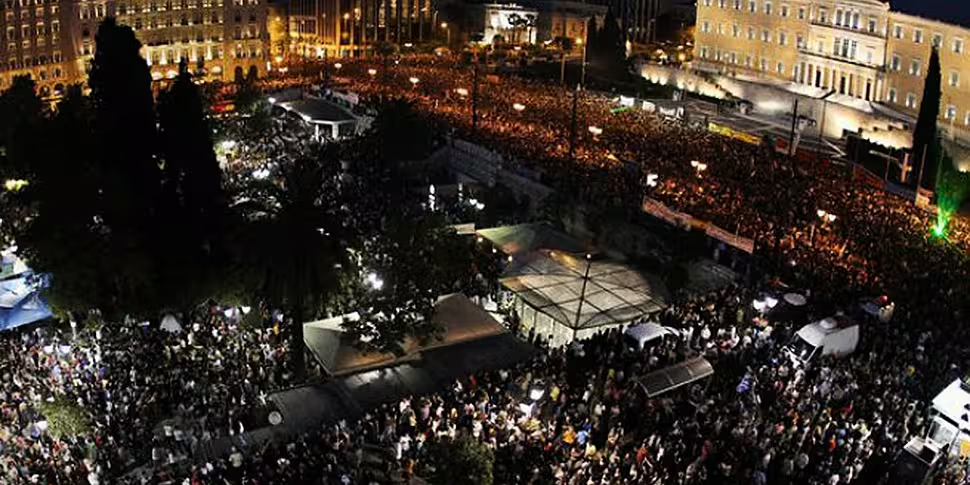Markets have been quick to react to the announcement of a snap general election in Greece. The euro touched $1.2143 against the US dollar yesterday - its lowest level since August 2012.
Opinion polls in Greece suggest that the anti-austerity party Syriza could lead the next Greek government. It is likely that markets will become increasingly volatile in the lead-up to the election if the party retains its current lead.
The possibility of Syriza winning the election and leading a coalition government could see Greece rolling back austerity measures introduced during the country's EU/IMF bailout.
The party has softened its stance calling on Greece to pull out of the bailout deal, and has stated its preference to remain part of the Euro. Greece returned to economic growth in 2014, and re-entered the bond market.
Beyond Athens
Greece aside - the euro was already limping into the new year.

Value of the euro against the US dollar in 2014 - The ECB
The ECB has spent most of 2014 trying to stimulate the currency. It has cut interest rates to record lows, made new cheap loans available to banks, and started asset-purchasing programmes - but the inflation rate across the Euro zone has remained at just 0.3 percent.
The bank has committed to doing more, and possibly introducing full-scale quantitative easing (QE) in 2015.
The ECB's president Mario Draghi supports the idea of a major stimulus package, but faces opposition from some central banks within the Euro zone - particularly from Germany, The Netherlands and Austria.
At the last meeting of the bank's 24-member governing council, Mr Draghi stated: "Early next year the Governing Council will reassess the monetary stimulus achieved, the expansion of the balance sheet and the outlook for price developments."
Bundesbank president Jens Weidmann has argued that the ECB does not have the legal power to use QE. Last weekend he told the German newspaper Frankfurter Allgemeine Sonntagszeitung that the use of the economic tool would fail to deal with the "real nature of the problems" in the Euro zone.
During his press conference after the ECB's December meeting, Mario Draghi was asked: "Is there time to persuade Germany of the merits of QE before the ECB’s March meeting?" He replied that there is evidence from the US and the UK that QE can work, and that the bank would not need unanimous support to introduce the measure.
It is expected that the ECB could make a major announcement in the first quarter of the new year. The governing council's next meeting is slated for January 22 - three days before Greeks are likely to take to the polls.









